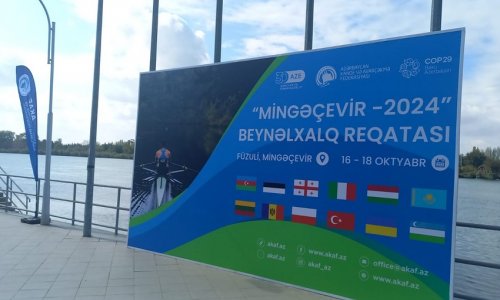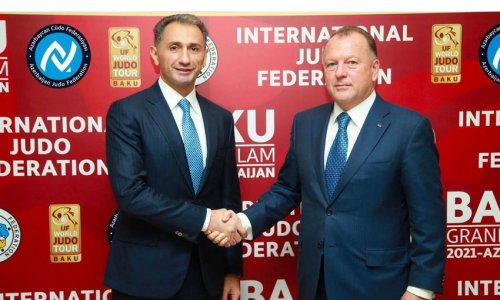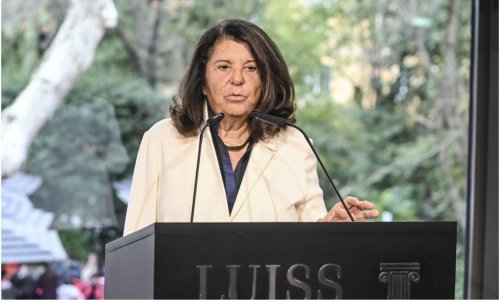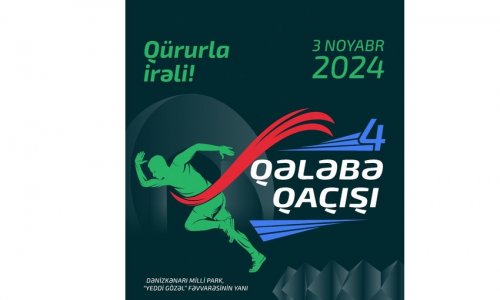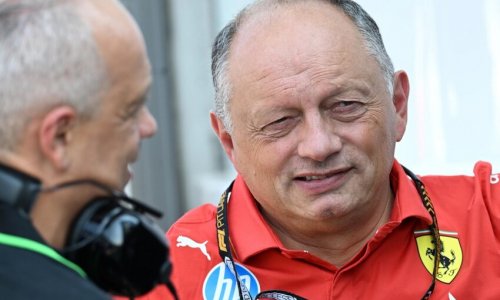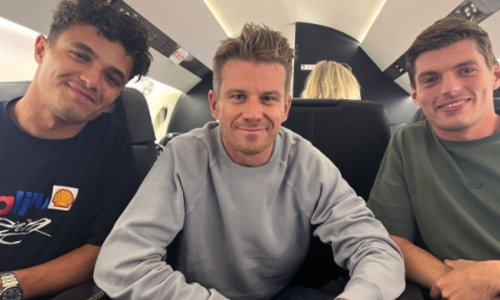Sony, Adidas, Coca-Cola, Visa and Hyundai/Kia have expressed concern over claims of wrongdoing in the bidding process.In total, five of Fifa's six main sponsors have issued statements relating to the Qatar bid.Only airline Emirates has so far declined to comment.Qatar was chosen to host the World Cup in December 2010, beating off competition from Australia, Japan, South Korea and the United States.Fifa's ethics committee is already investigating allegations of corruption surrounding Qatar's successful bid, with a report due next month.In response to the clamour for a fresh investigation, Fifa president Sepp Blatter has called for time.He posted a message on his Twitter account at the weekend, insisting the organisation was taking the allegations seriously.However, the concerns of a number of high-profile sponsors will increase the pressure on Fifa to act.Vice-president Jim Boyce has already said he would support a re-vote if allegations of corruption are proven.German sportswear company Adidas, which has a long-term sponsorship deal with Fifa that runs until 2030, said in a statement: "The negative tenor of the public debate around Fifa at the moment is neither good for football nor for Fifa and its partners."Coca-Cola added: "Anything that detracts from the mission and ideals of the Fifa World Cup is a concern to us."Car manufacturer Hyundai/Kia said in a statement: "We are confident that Fifa is taking these allegations seriously and that the investigatory chamber of the Fifa ethics committee will conduct a thorough investigation."Fifa issued a statement from its marketing director Thierry Weil, in an attempt to calm the situation."We are in constant contact with our commercial affiliates, including Adidas, Sony and Visa, and they have 100% confidence in the investigation currently being conducted by Fifa's independent ethics committee," said Weil."Our sponsors have not requested anything that is not covered by the ongoing investigation by the ethics committee."Last week, the Sunday Times newspaper alleged that Qatar's former Fifa vice-president, Mohamed bin Hammam, paid £3m to football officials around the world to help win support for Qatar in the run-up to the World Cup vote in December 2010.Now Bin Hammam is facing claims he used his contacts in the Qatari royal family and government to arrange deals and favours to secure the tournament for his country.According to the emails, some of which have been seen by the BBC, the 65-year-old Bin Hammam:Visited Vladimir Putin in the Kremlin to discuss "bilateral relations" between Russia and Qatar a month before the votes for the 2018 and 2022 World Cups.Brokered government level talks for Thailand's Fifa executive Worawi Makudi to push a deal on importing gas from Qatar to Thailand. Makudi told the paper he did not receive a concession for his part in any gas deal.Invited Germany's former Fifa executive Franz Beckenbauer to Doha just five months after the vote with bosses from an oil and gas shipping firm which was employing him as a consultant. The firm involved says it was exploring possible Qatari investments in the shipping and maritime sector but that no deal ever came from the talks. When approached by the Sunday Times, former German international Beckenbauer declined to comment.Fixed meetings between nine Fifa executive committee members, including Blatter, with members of the Qatari royal family.Arranged a meeting between the Qatar bid team and Uefa boss Michel Platini at European football's headquarters in Nyon. Platini, who has openly admitted voting for Qatar, says Bin Hammam did not attend the meeting and insists he has nothing to hide.Qatar's World Cup organising committee reiterated it was confident the bid had been won fairly. Bin Hammam has so far declined to comment.Emails leaked to the Sunday Times appear to demonstrate Bin Hammam, banned from football for life in 2012 for his part in another corruption scandal, was working to secure support for the Qatar bid.But while that might be uncomfortable for Qatar and Fifa, it is not clear that he or the bid broke any of the governing body's bidding rules.Fifa executive committee members were not subject to the same restrictions placed on bid officials, while all bidding nations used heads of state and senior government figures to try to win votes.England's failed bid for the 2018 tournament used Prince William, the president of the Football Association, and Prime Minister David Cameron throughout the latter stages of their campaign.It is also part and parcel of big sporting bids for countries to use them to try and broker big trade deals.Fifa's chief investigator, lawyer Michael Garcia, must now consider whether to include the latest revelations in his long-running inquiry into the bidding process for the 2018 and 2022 World Cup tournaments.He intends to wind up his investigation on 9 June before filing his report with Fifa's new adjudicatory chamber in the middle of July.Fifa has confirmed to BBC Sport that Garcia will provide an update in person to delegates from 209 national associations in Brazil this week.(BBC)Bakudaily.az
Fifa sponsors back corruption investigation
Sport
20:30 | 09.06.2014
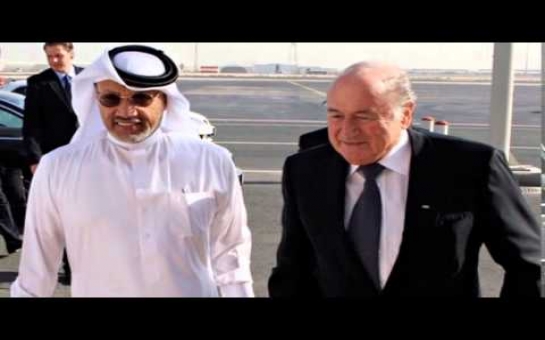
Fifa sponsors back corruption investigation
Football's world governing body Fifa is under growing pressure from a number of sponsors after its decision to award the 2022 World Cup to Qatar.
Follow us !

